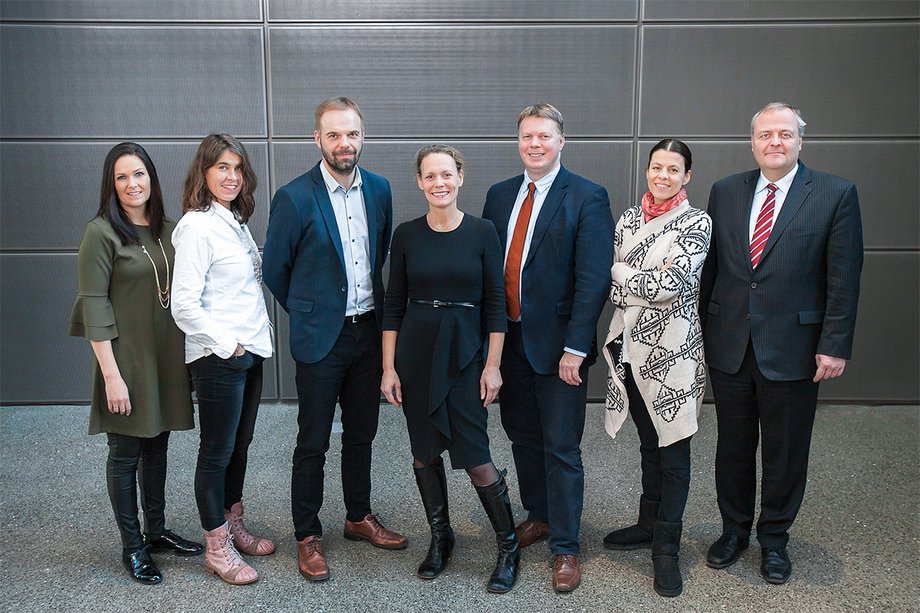Brynhildur Davíðsdóttir, The Chairman of Reykjavik Energy, is a Professor of Enviroment and Natural Resources Programme at The University of Iceland (HI). Gylfi Magnússon, Vice-Chairman of Reykjavik Energy, is an Associate Professor at the School of Business at the University of Iceland and former Minister of Finance & Trade.

- Governance
- G1 Board-Separation of Powers
- G2 Board-Transparent Practices
- G3 Incentivized Pay
- G4 Fair Labor Practices
- G5 Supplier Code of Conduct
- G6 Ethics-Code of Conduct
- G7 Anti-Bribery/ Anti-Corruption
- G8 Tax Transparency
- G9 Sustainability Report
- G10 Other Framework Disclosures
- G11 Reliability















